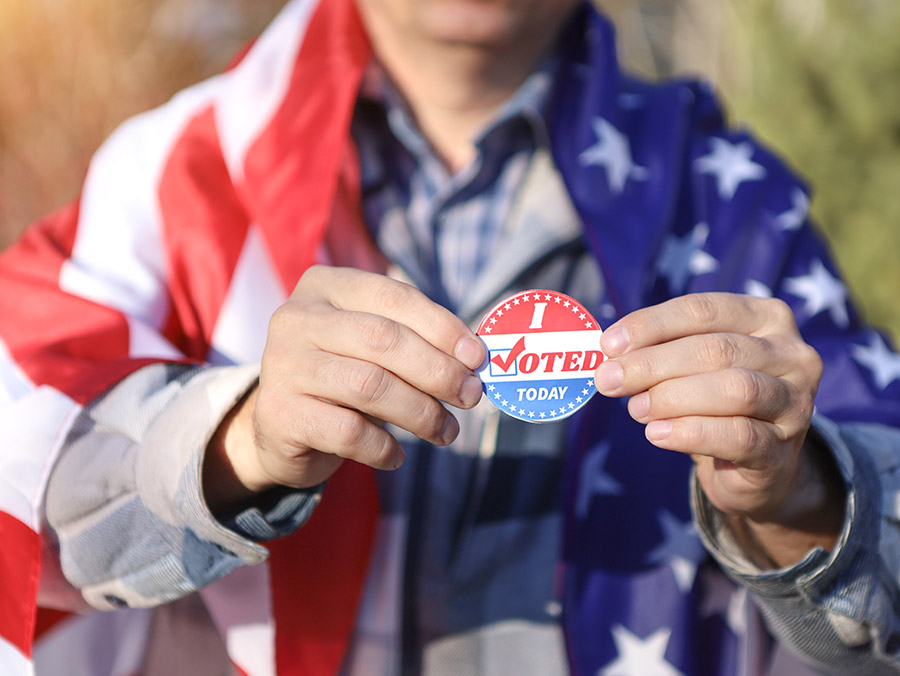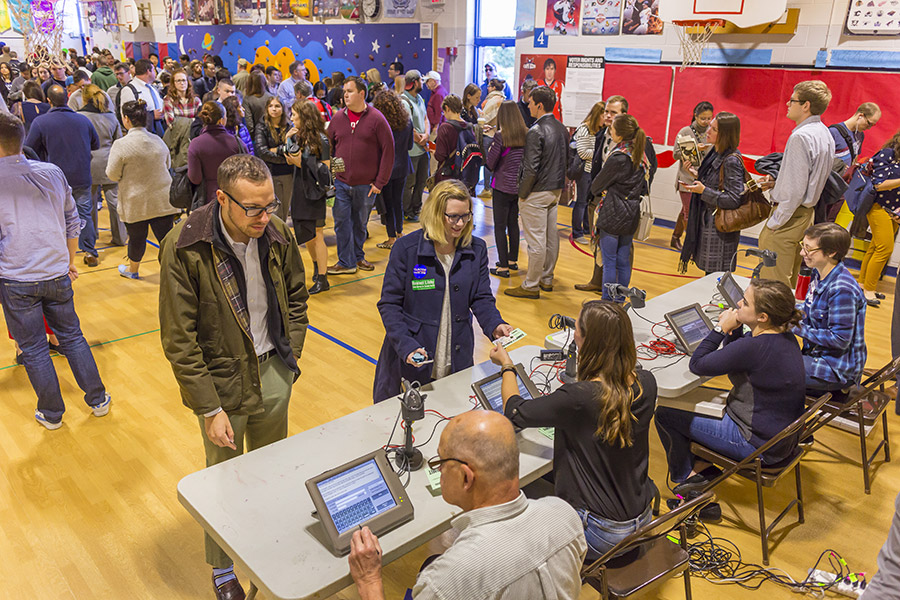Election Day in the U.S. always falls on the first Tuesday in November. In the late eighteenth century when the early American government was determining how to carry out elections, state legislatures selected November dates to accommodate the autumn harvest season, and Tuesdays so church attendance the previous Sunday and travel to polling places could be accommodated as well.
Be aware that non-citizens, including permanent residents without citizenship, are not permitted to vote in federal elections in the United States.
While a select few jurisdictions across the country have passed laws allowing non-citizens to vote in local and/or school board elections (seen here), citing that taxpayers should have a say in their neighborhood’s affairs, it is still a crime in most of the country for non-citizens to vote. Penalties range from fines to prison time to deportation with your ability to re-enter the country at risk, depending on the state you live in. If your name is accidentally added to the voting registry, you should contact your county Board of Elections and/or take other measures to have it removed so as not to jeopardize your status.

Remember that being presented with voter registration materials (which, for instance, are often given with driver’s license forms at the Department of Motor Vehicles) does not equal the right to vote.
Even if you cannot participate in elections, it is still important to keep up with current events and stay informed about national, state, and local candidates up for election, as the winners’ actions in office can still affect your daily life.
Presidential elections take place every four years; the last one was 2020, and the next one is not until 2024. At the midpoint of the current president’s four-year term is when the midterm elections take place: the next midterm election will occur in 2026. As for Congress, Senatorial elections and elections to the House of Representatives take place every two years (Representatives serve two-year terms and Senators serve six years.)

On “off years” such as 2023, many local and state elections take place, and there is always the chance of special elections needing to take place to fill a newly vacant seat, so even outside of official election years there are always candidates to pay attention to.
Though some states have declared it a public holiday, Election Day is not yet a federal holiday, so expect stores, other businesses, and government offices to remain open and operate on regular hours. Expect crowds and possible difficulty parking around local polling places.
If you have any questions or concerns, please feel free to contact us at info@gravityintprog.com. Stay safe and healthy!






